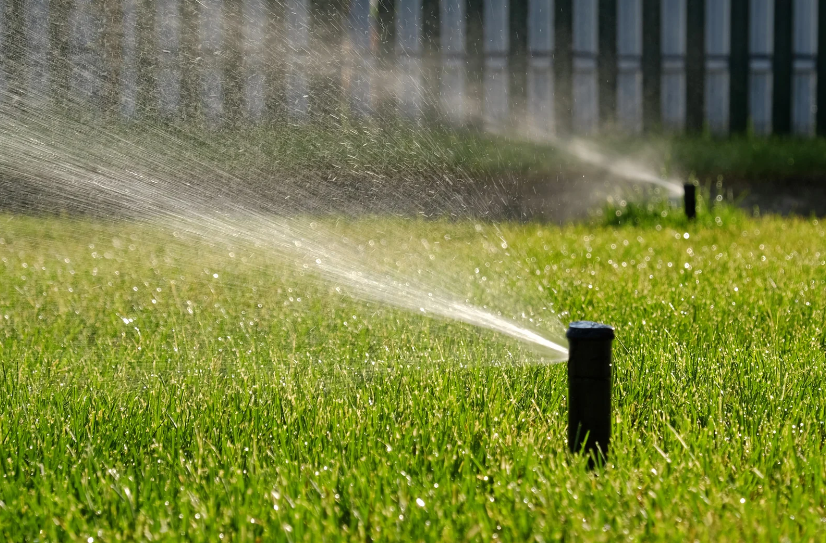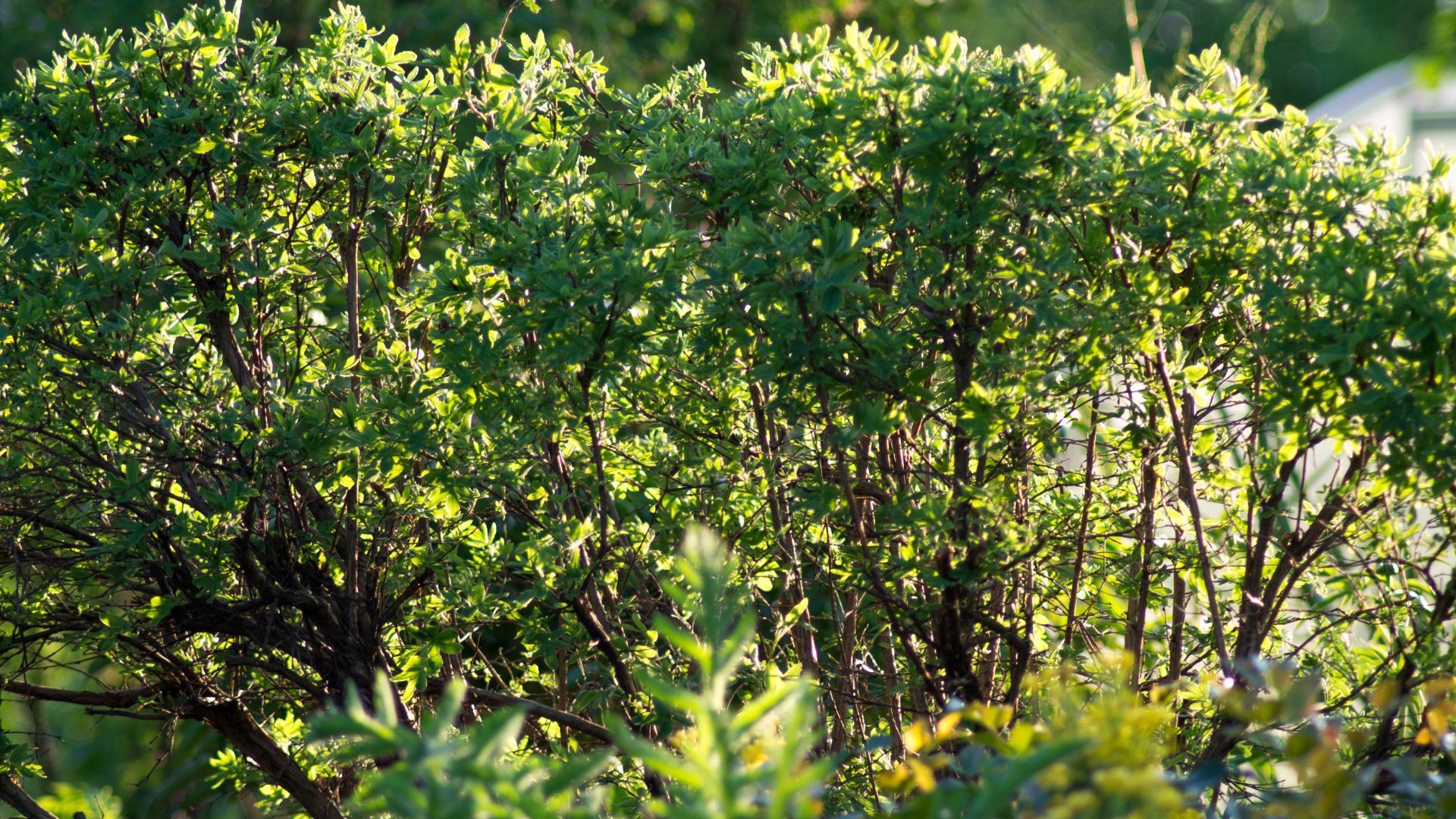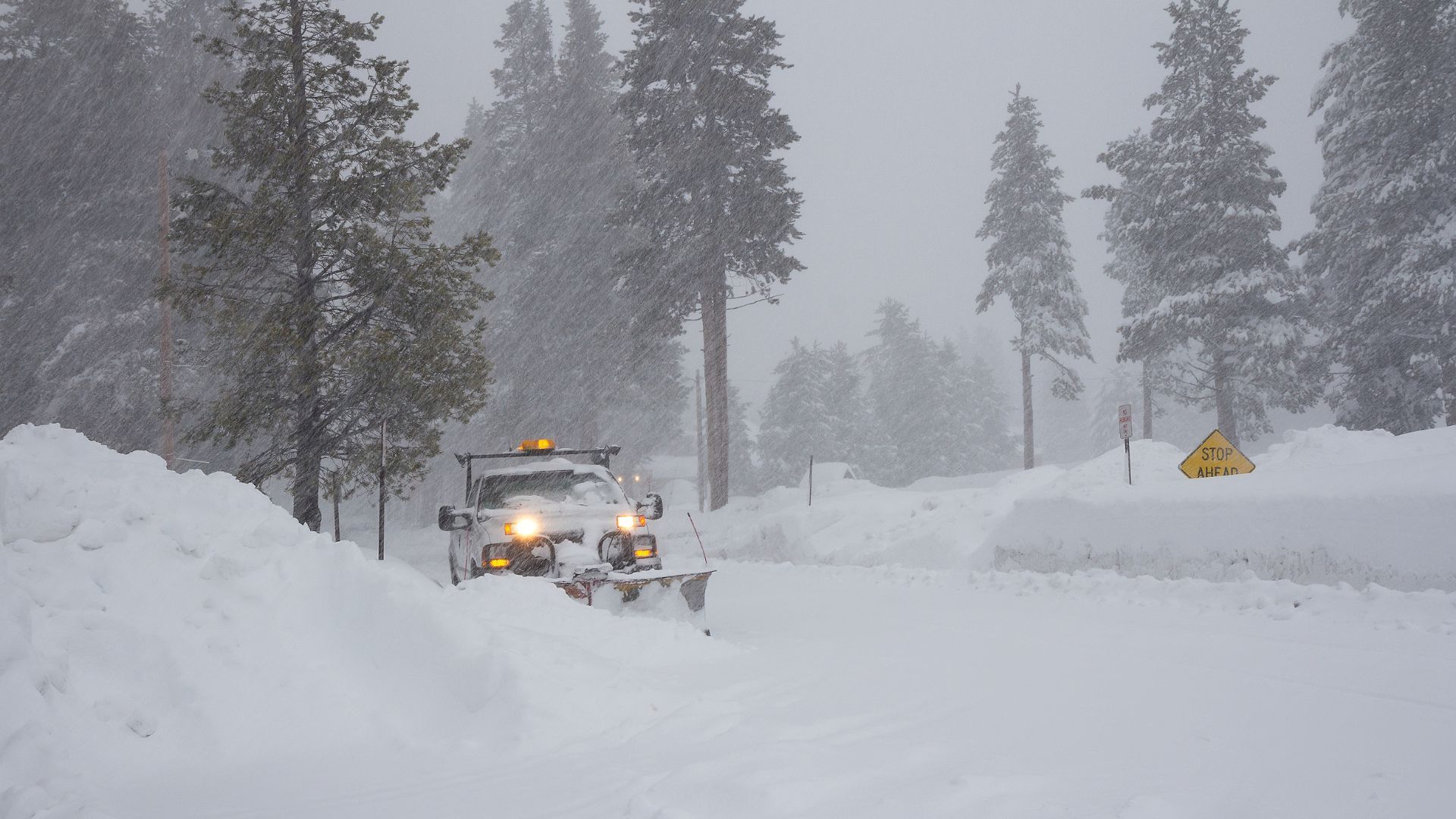When should power raking be done?
When should power raking be done?
A machine called a power rake employs blades that are comparable to those found on a rototiller in order to remove debris and thatch that can accumulate on a lawn. When compared to dethatching, power raking is more delicate because it only removes material from the soil level. Waste is removed without causing any harm to the healthy grass below, allowing for a more successful recovery, as just the thatch layer is specifically aimed. When you remove this thatch layer, your lawn will be able to breathe easier and root deeper as a result.
Power raking period
If the thatch is more than half an inch thick, you might want to think about using power raking. Collect a representative sample of the grass and soil from your yard using a core sample. Take a reading of the organic matter that is located on the top layer of the soil. It should not be more than half an inch. Check the build-up in multiple locations of your grass because it can be inconsistent.
If there is an excessive amount of dead material, also known as thatch, that has gathered on your lawn, it can restrict the grass of air and make the grass more susceptible to disease and insects. In order to clear debris, power raking makes use of a specialized mower that has vertical teeth positioned on a horizontal roller. When you should perform power raking on your lawn is dependent on a number of factors, including the type of grass on your lawn, the quantity of thatch that has developed, and the weather.
In the spring, thatch that has accumulated over the previous winter is removed from the turf by means of power raking. The surface of the turf is opened up by power raking, but it also has the potential to damage some areas of the lawn. Because of this, combining power raking with over seeding, which can fix the problems, is an effective strategy that should be followed. The use of a power rake in the early spring provides the seeds with sufficient time to become established and begin growing before the onset of the hot, dry summer months.
When it comes to dethatching a lawn, power rakes are by far the most effective tool. A power rake is a piece of machinery that can also be referred to as a vertical mower. It consists of a set of vertical knives or tines that are designed to statically scrounge the thatch out of a lawn. You can adjust the power rake so that it takes away some of the surface soil in addition to the thatch while it works. When a lawn is dethatched, a significant amount of plant debris is produced. This plant debris can be mulched and put to be used as a soil conditioner.
Before the grass starts to green up in the spring or late winter, most lawns should be given a power raking at this time of year. It is best to use a power rake on grasses that grow throughout the cool season, such as bluegrass, in the beginning of fall. Beyond those times, using a power rake might potentially cause damage to your lawn by uprooting living turf while it is still in the growth stage.
You might also like



